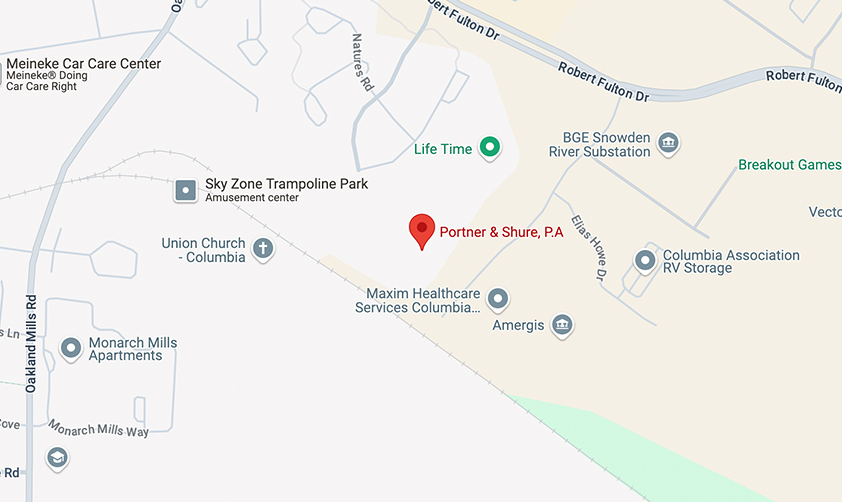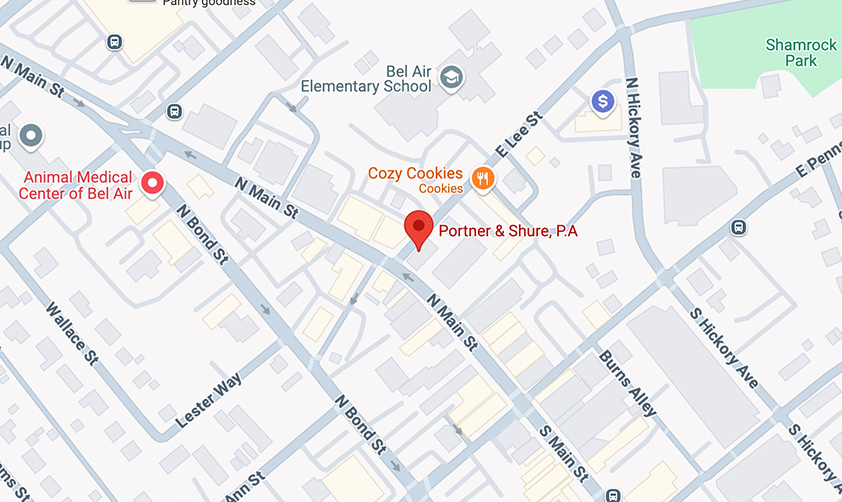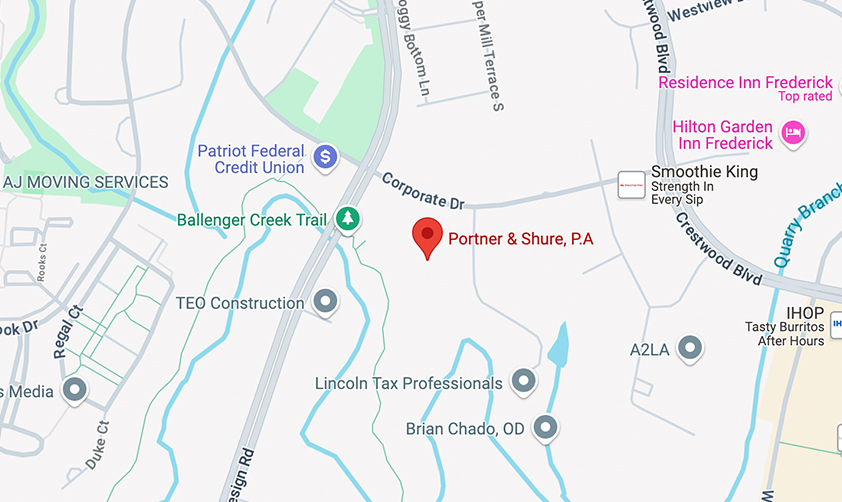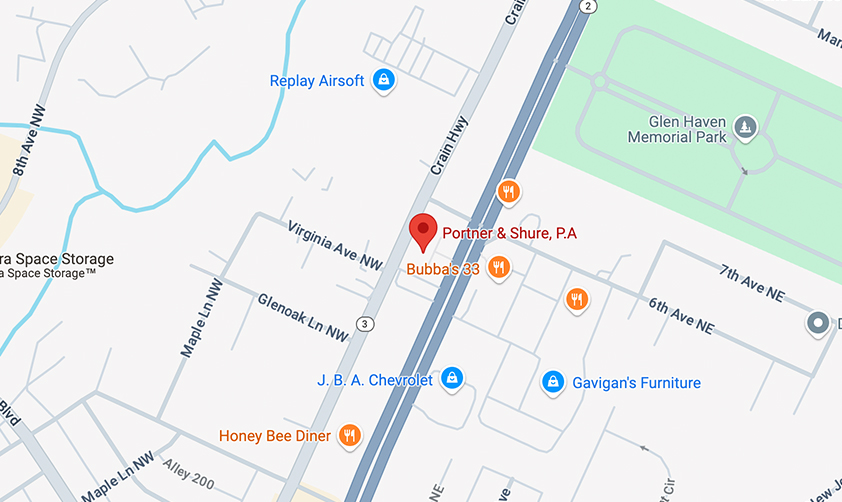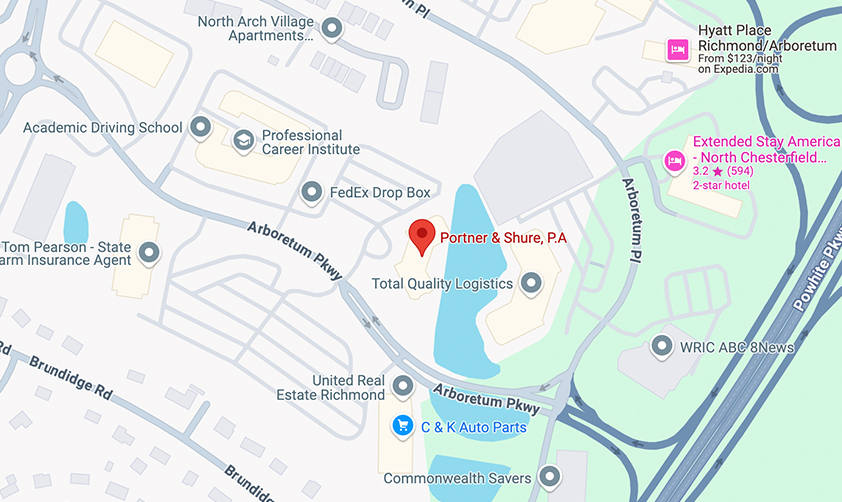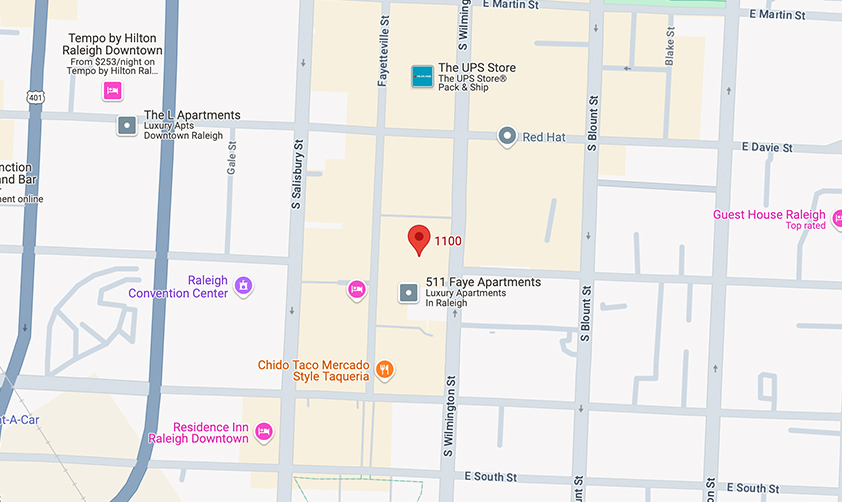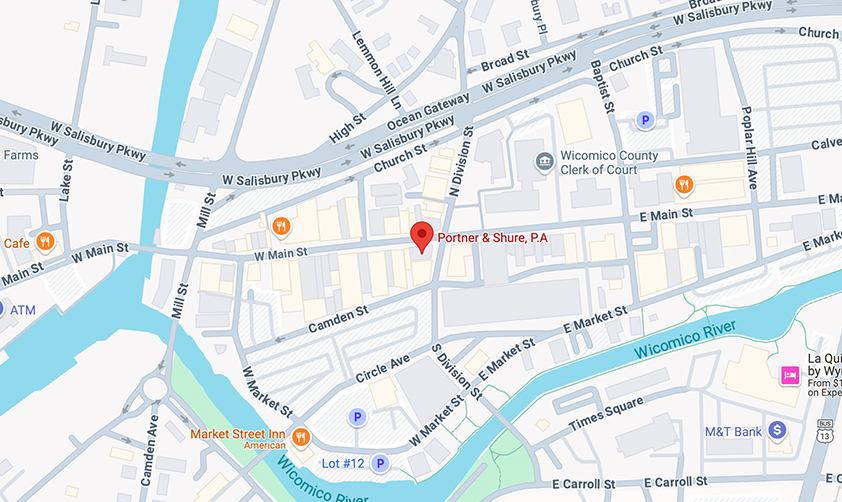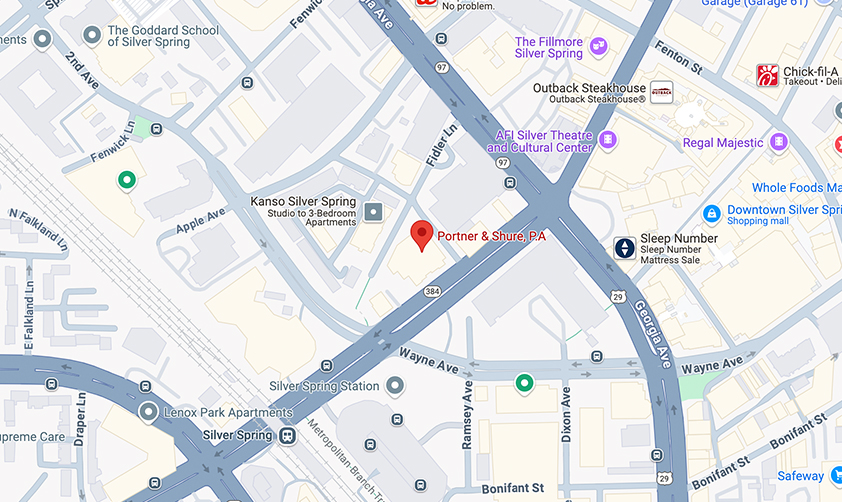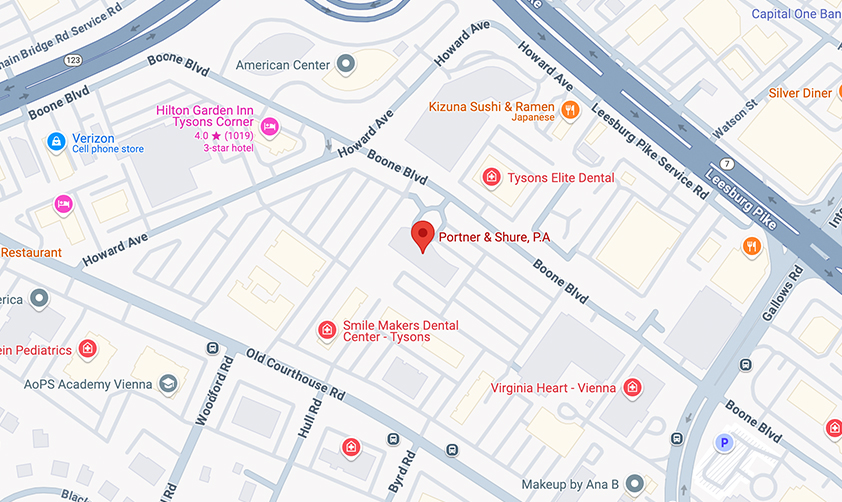Available 24/7 Free Consultation
(410) 995-1515There are many areas in Maryland that are considered federal enclaves. In these areas Maryland's implied consent laws are at issue.
What laws apply in federal enclaves depends upon whether the land is under one of the following:
• Exclusive federal jurisdiction or concurrent federal and state jurisdiction
• The jurisdiction of the National Park Service
National Park Service properties, including Baltimore-Washington Parkway and Suitland Parkway, are patrolled by the United States Park Police. There are specific federal regulations governing conduct on these roads. For instance, refusal of a breath test is made a crime by 36 C.F.R. § 4.23(C)(2). There are no administrative sanctions for refusals or what would be administrative per se violations under National Park Service regulations. Therefore there will be no MVA hearing or automatic suspension. Unfortunately, there is no possibility of a probation before judgment in this type of Maryland DUI case. Some portions of these federal enclaves are under concurrent jurisdiction, and suspected drunk drivers who are arrested by county or state police officers are subject to Maryland’s implied consent laws.
Where the land is federal, but not under the jurisdiction of the National Park Service, including Andrews Air Force Base and Fort Meade, the substance and penalties of Maryland DUI law are incorporated into federal law by the Assimilative Crimes Act, 18 U.S.C.A. § 3118. Because of this incorporation, persons arrested for drunk driving in these areas do have the possibility of a federal judge granting them a probation before judgement disposition. If you have been arrested for DUI or DWI on federal land contact the experienced DUI/DWI lawyers at Portner & Shure.
Whenever someone is arrested, as a general rule, that person should speak with an attorney. When you are placed under arrest your 6th Amendment right to a lawyer is triggered and someone who is detained by police should exercise it.
I want to address how important this rule is when someone is arrested for drinking and driving. When the police confront someone who is drinking and driving they are required to perform several different tests, including field sobriety tests and a breathalyzer or B.A.C. (Blood Alcohol Content) test, which are in themselves invasive and trigger certain constitutional rights. Interestingly, if you ask to speak to a lawyer before you decide whether or not to take a breathalyzer and your request is denied, it is not your 6th Amendment right to counsel that is violated. Instead, if the officer does not give you the opportunity to consult with your attorney, your 14th Amendment right to due process is violated.
The reason due process is violated results from the effect that a refusal or the result of a breathalyzer will have on your ability to drive. Because the ability to drive affects an individual's employment, livelihood, etc., people confronted with the decision to take a breathalyzer must be given the opportunity to consult with an attorney if requested. Further, if the police officer denies a request to speak with a lawyer or improperly advises and, as a result, there is a refusal, there is a presumption that the result of the breath test would be in the accused favor.
Most people are familiar with what a breathalyzer is and its purpose. However, the consequences of performing or refusing a breathalyzer in different circumstances are extremely confusing. Police officers may attempt to explain them to you and, if they advise you incorrectly or deviate substantively from the Advice of Rights DR-15 form, the results of the breathalyzer or the refusal can be suppressed at trial. If you ask to speak with your lawyer at this point and the cop says "why what is a lawyer going to do for you" or "you asking for a lawyer amounts to a refusal" the officer has made two huge mistakes because the officer has violated your 14th Amendment right to due process and incorrectly advised you. At that point, at the very least, the police officer has compromised the state's case against you and provided an experienced DUI attorney with a strong defense to the charges against you.
At an MVA hearing, instead of focusing on a violation of constitutional rights, an experienced attorney will stress that his or her client was "improperly advised" and object to the MVA putting the DR-15 form and the result of the breathalyzer into evidence. At the conclusion of the MVA's case, a motion for no action should be made. A motion for no action means that the MVA does not have sufficient evidence to show that you were intoxicated or that the refusal was invalid because the officer did not properly advise. If there is credible evidence that the accused was denied right to counsel or was improperly advised then the Administrative Law Judge will grant the motion for no action and your license will not be suspended.
Probation Before Judgment, or PBJ under Criminal Procedure § 6-220, is not a conviction. A judge can grant this disposition to a defendant in a DUI case if appeal rights are waived, and there have been no prior DUI convictions within ten years of the current guilty finding. The ten year period begins when the defendant was convicted or given a probation before judgment. Postponing sentencing to a date beyond the ten-year period will not help a defendant qualify for probation before judgment because the time period begins when the defendant pleads or is found guilty. A probation before judgment cannot be expunged.
The MVA's records for probations before judgment are kept separate. The MVA, other driver licensing authorities, courts, criminal justice agencies, the defendant or his or her attorney, the United States Secretary of Transportation, or employers of holders of commercial licenses have access to the records. Insurance companies, on the other hand, do not.
In order to ensure that a judge will grant probation before judgment, a defendant should be proactive and take steps to mitigate guilt prior to trial. One of the most important steps a defendant can take is alcohol evaluation and treatment. In more serious cases a defendant may need to take further steps. If you have been arrested for drinking and driving and charged with a DUI or DWI, our attorneys can help spot defects in the state's case and help you take the necessary steps to reach the best possible outcome in your case.
Do not call the police if there is a warrant for your arrest. If you do this you may be inadvertently inviting the police department to come to your location and lock you up. I suggest that if you have a bench warrant you immediately call a criminal defense attorney at Portner & Shure. Warrants can be quashed.
In the last several years, Jon Portner has had countless bench warrants quashed (dismissed) by Howard County judges, Montgomery County judges as well as judges in Prince George's County, Baltimore County, and Baltimore city judges. The procedure we follow is filing an entry of appearance by our criminal defense department with the Court, as well as a motion setting forth why the defendant is not a risk of flight, and why the charges and grounds in the bench warrant do not require immediate incarceration.


Expect More with
Portner & Shure
The legal system can be intimidating, but you deserve more. Expect more guidance, more dedication, and more results from our experienced trial attorneys every step of the way.


